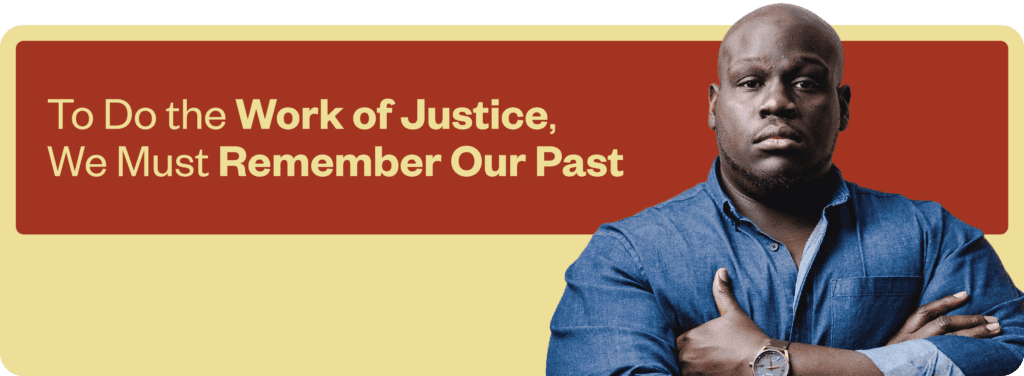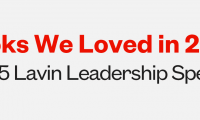“It’s our job, collectively and individually, to do our level best to ensure that our history isn’t forgotten,” says Caleb Gayle. “The work of justice can’t happen if we don’t first remember the people who came before. That’s the power of storytelling.”
A leading voice in conversations around how the past influences the present, Caleb has dedicated his career to telling the forgotten stories of our history, which reveal how deeply we are connected across time. As a Northeastern associate prof and contributing writer for The New York Times magazine, he shows us how, even in our polarized moment, our shared past can be the key to building a shared future.
His first book, We Refuse to Forget, is a landmark work of American history that tells the story of the Creek Nation, a Native tribe that both owned slaves and accepted Black people as full citizens. National Book Award winner Jacqueline Woodson calls it “an important part of American history told with a clear-eyed and forceful brilliance.” His forthcoming book, BLACK MOSES, chronicles one Black politician’s fight to establish Oklahoma as a Black state in the 1800s. Through these complex, untold stories, Caleb explores questions of citizenship, belonging, solidarity, and more.
In riveting, expansive talks, he draws on his extensive research and reporting—as well as his past corporate experience as a management consultant and venture partner—to unpack the history of identity, how it’s formed, and how we can use it to build a better future for everyone. He weaves together the threads of history and personal experience to make complex issues tangible for audiences of any background.
















